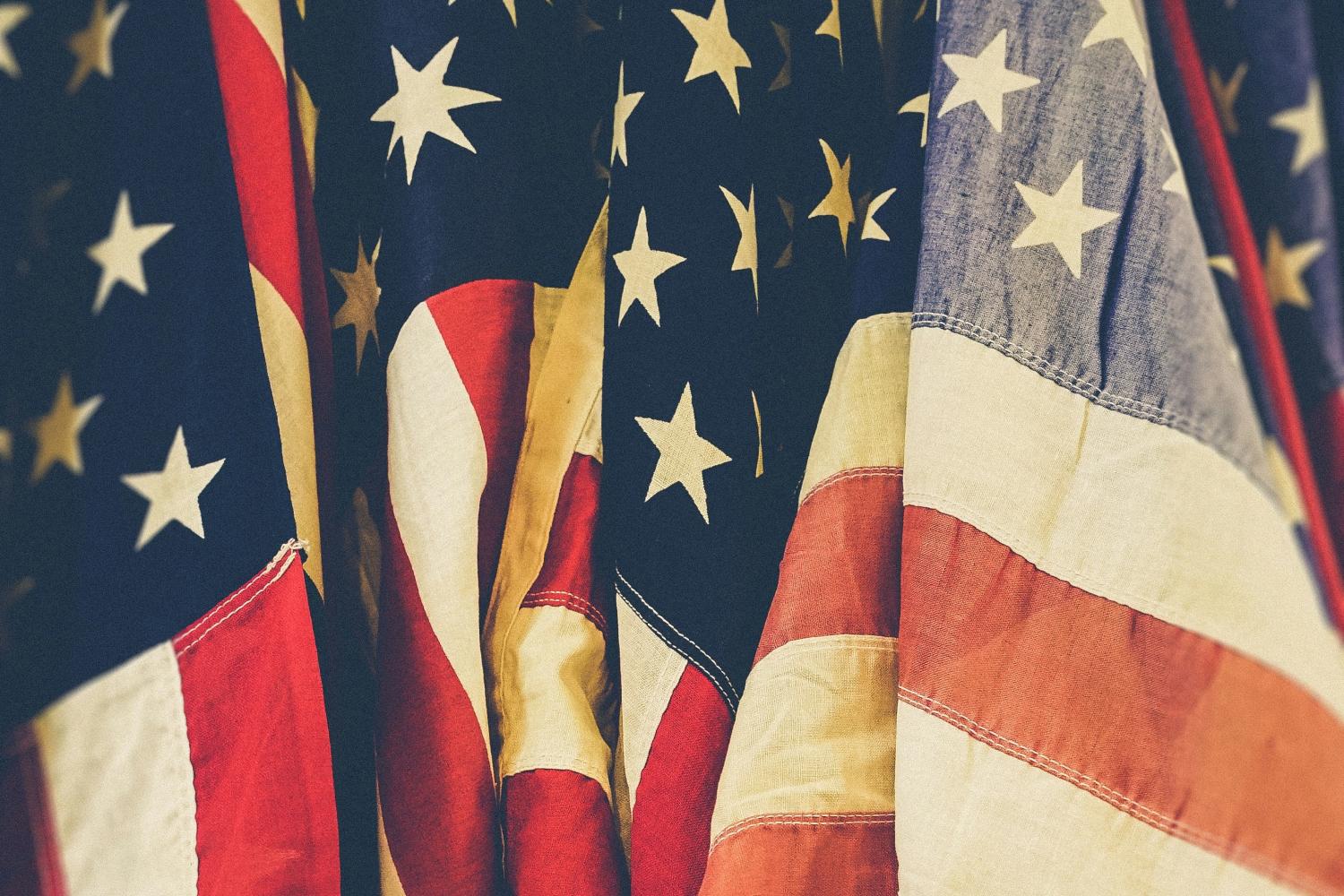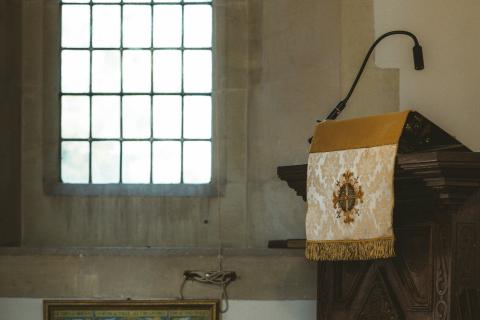
America’s founding, filmmaker Ken Burns argues, is “the most important event since the birth of Christ.”
This was CBS’s bit of clickbait for a news piece highlighting an interview with Burns that promotes his most recent film, “The American Revolution.”
The line points to a messianic Americanism that’s probably familiar, and tinted, perhaps, with a bit of misguided self-assurance. “[The American Revolution’s] a kind of a sun, you know, it has a kind of energy to it,” Burns said, “And that’s why I get so animated … because you realize, that was it, the kind of moment of creation.”
The mix of the sacred and the secular reference points goes a bit too far in comments like these, as we’ve noted before, but it isn’t all misguided. “The second sentence of the Declaration [of Independence] is the most important sentence,” Burns goes on, “‘We hold these truths to be self-evident.’ There is nothing self-evident about these truths! They’ve never been introduced in this way, quite this way before, that all men are created equal.”
Burns is exactly right about that: America’s founding documents did assert certain values that the world had never taken so seriously before. All people being equal is not a principle that has guided world history from time immemorial. Most societies have been marked by hierarchy or class divides. This truth was “self-evident” to the founding fathers only on the basis of their intent, and serious, Christianity. And its insertion into a governing document of our country is illustrative of a real, and noble, hope on their part: to establish a nation “under God,” faithful to and emerging from Christian ideals.
From the beginning, then, the United States’s spiritual, moral, and imaginative backbone has been made up of a strange amalgam of seriously Christian ideas and the utopian notion that now, finally, we Americans are going to be the ones to set the world on a different course entirely. And it’s worth noting aspects of genuine value in that, to Burns’s point.
A problem, though, arises in that these two modes of thinking simply do not mesh: Christian hope and thought exclude the possibility that a kind of perfected society might be established on earth, and so the American messianic “thing” doesn’t quite square with holding Christian ideals. And while it might be possible to hold onto both sets of ideals uneasily for a time, there’s a principle, put down by John Henry Newman, that ideas tend toward consistency over time. In other words, whatever’s at the heart of a culture’s spiritual or imaginative vision will get expressed in events with more and more clarity and more and more reliability.
It's possible, then, that some of the political tension in our country doesn’t come firstly from disagreement over the issues themselves. It’s possible that these two modes of thinking, present at our founding, have been making their way and crystallizing more and more thoroughly in their circles. Christians are getting clearer about Christianity, and insisting on it more. Utopia-sympathizers are getting clearer about their utopian religion, and insisting on it more. And as a result two very different sets of hopes are emerging, two different notions of what politics and America and governance are all really for. And those sets of ideas can’t be integrated coherently in perpetuity.
This doesn’t necessarily make a solution to the problem of our political tension any easier. But it does emphasize one way in which that tension shouldn’t be all that surprising. It’s in the natural course of a culture’s life that its guiding set – or sets – of ideals would become more and more explicit and felt, and that any tension implicit there would rise to the surface. So it’s not for us to be scandalized or shocked when that happens, or to worry about it too much; it is for us simply to speak truths where we can, and to hold onto those Christian ideals worth cherishing in our politics – those that dream of America not as the light of the world, necessarily, but as a place where we are free to serve the dignity of our neighbor, to love as best as we can the people given us to serve by our Creator.
St. John Henry Newman, the newest Doctor of the Church, offers a compelling vision for the laity.
The Vatican’s Dicastery for the Doctrine of the Faith has released an official document on the Virgin Mary entitled Mater Populi Fidelis (“The Mother of the Faithful People of God”), which states that the title “Co-Redemptrix” is not an appropriate way to describe her role in salvation.
In a disturbing new trend, some have begun to encase frozen and discarded embryos into jewelry.


